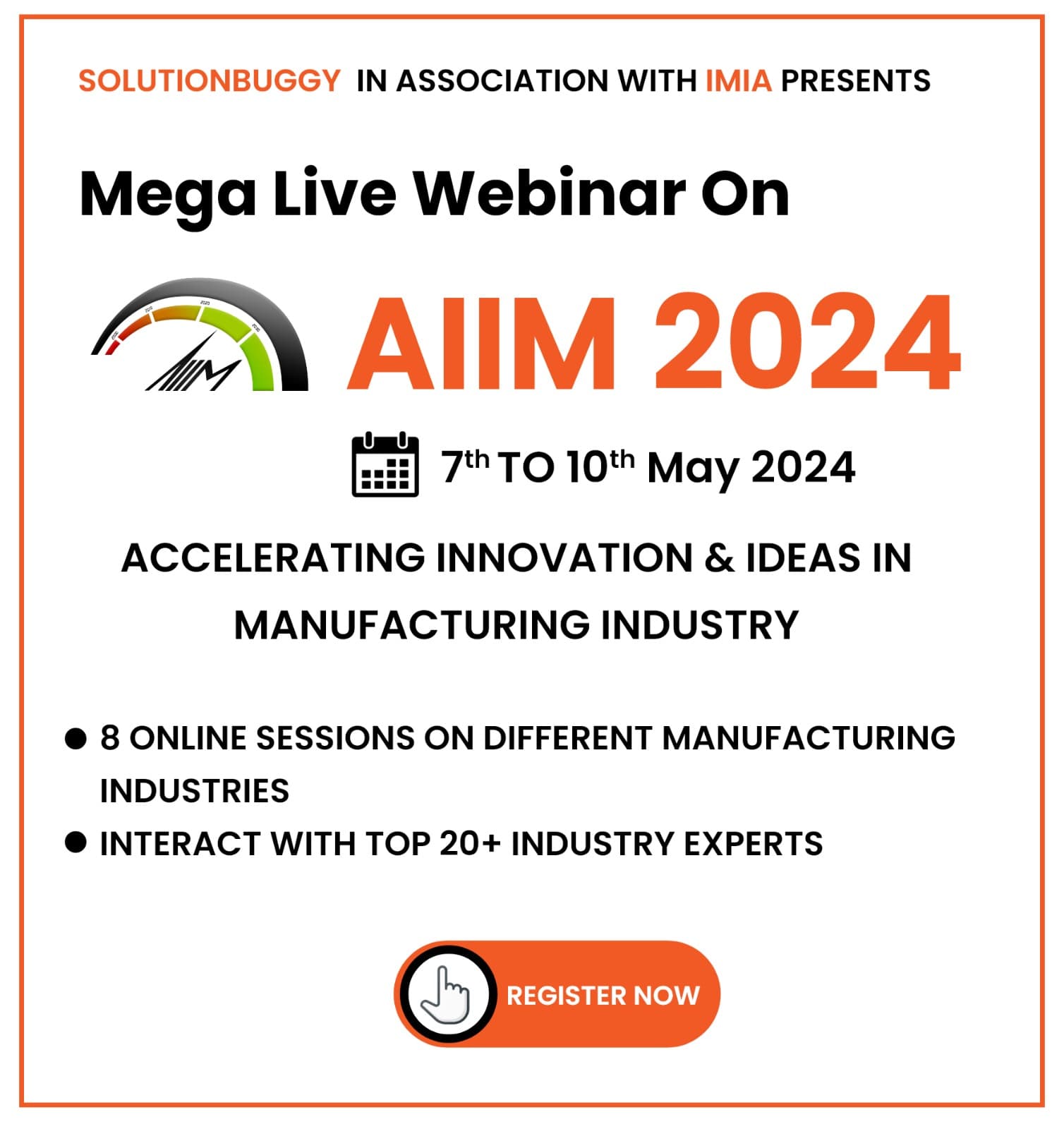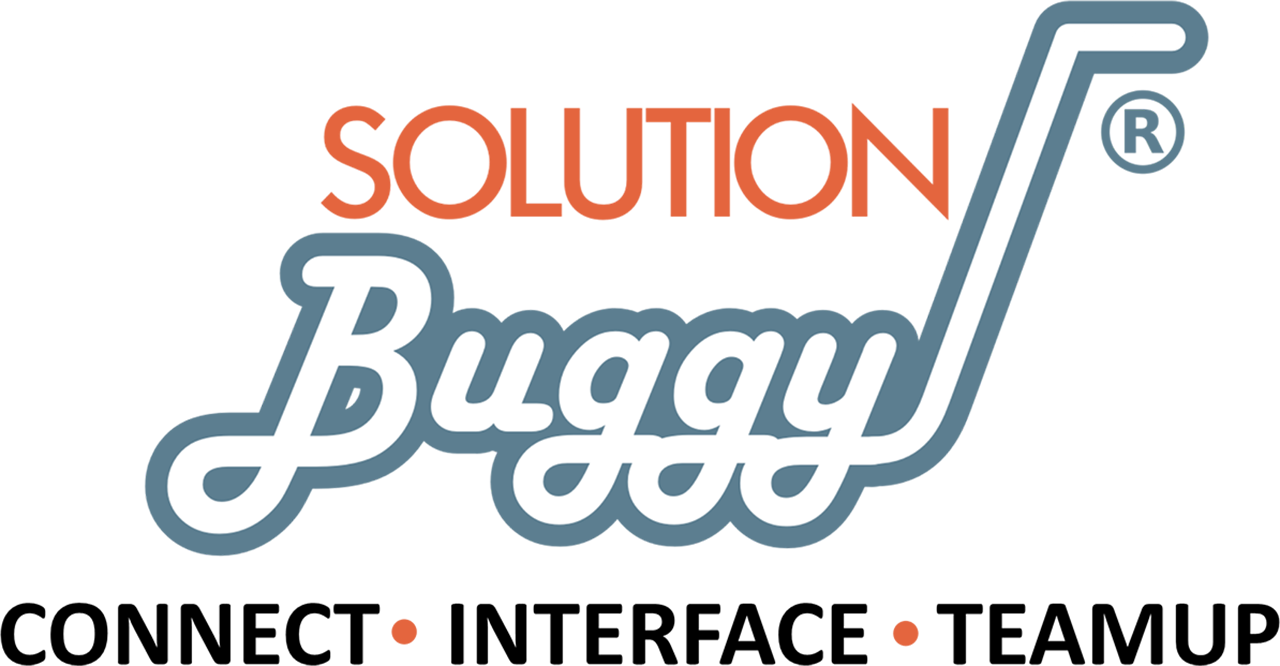1. Cost Reduction: Lean Manufacturing helps companies to reduce costs by eliminating
waste and optimising production processes. By reducing waste, companies can
reduce expenses associated with materials, labour and overhead.
2.Increased Efficiency: Lean Manufacturing enables companies to optimise their
production processes which increases efficiency and reduces lead times. This allows
companies to produce goods more quickly and cost effectively resulting in higher
profits
3.Improved Quality: it emphasises the importance of quality which leads to fewer
defects, fewer customer complaints and higher customer satisfaction. Improved
quality also reduces rework and waste.
4. Improved Safety: Lean Manufacturing includes safety as a key component which
helps to identify and eliminate safety hazards. This leads to a safer work
environment, fewer injuries and reduced costs associated with accidents.
5.Improved Morale: it gives importance to employee involvement and engagement
which leads to improved morale and job satisfaction. This results in a more
productive workforce and lower turnover rates.
6.Increased Flexibility: Lean Manufacturing enables companies to be more flexible and
responsive to changing customer demands. By reducing lead times and improving
efficiency, companies can quickly adjust production to meet changing market
demands.
7. Improved Communication: It emphasises the importance of communication and
collaboration which improves the flow of information and reduces errors. This results
in fewer mistakes, less rework and improved productivity.
8. Improved Inventory Management: Helps companies to optimise inventory levels
which reduces inventory carrying costs and frees up capital for other investments.
9. Improved Customer Service: Assists industries to improve customer service by
reducing lead times, improving quality and increasing flexibility.
10. Competitive Advantage: It gives competitive advantage by improving efficiency,
reducing costs, improving quality and increasing customer satisfaction. This results in
higher profits and a stronger market position.






